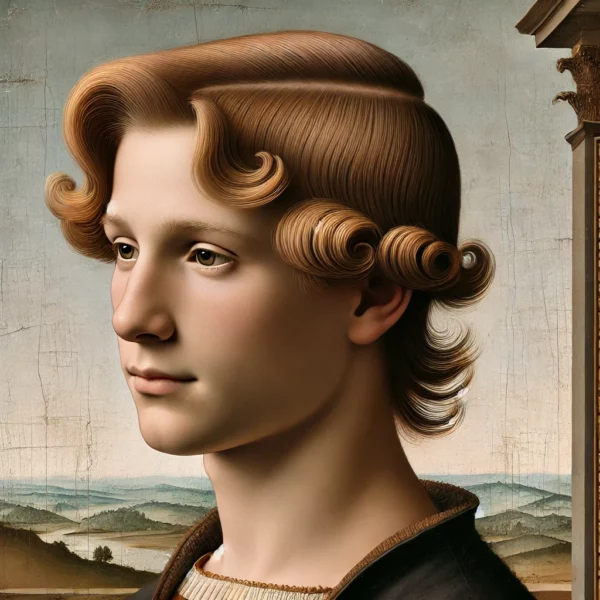Introduction: Language is a fascinating window into the soul of a culture, and proverbs are one of its most colorful window panes. Across the globe, different societies have used the universal symbol of hair to weave sayings that encapsulate their wisdom, beliefs, and traditions. In this article, we journey around the world, exploring various hair-related proverbs and the rich cultural insights they offer. From the practical to the philosophical, these proverbs reveal the diverse ways in which hair has been perceived and used metaphorically across continents and cultures.

Selected International Hair Proverbs:
- Chinese: “Hair thinner than a thread, but heavier than a mountain” – Emphasizing the importance of trust and how easily it can be broken, even by something as seemingly insignificant as a single hair.
- French: “A hair in the butter” (“un cheveu dans le beurre”) – Describing a small problem or imperfection in something that is otherwise smooth or perfect.
- Italian: “To find a hair in the egg” (“trovare il pelo nell’uovo”) – Signifying the act of finding fault where there is little or none; being overly critical.
- Spanish: “Combing the giraffe” (“peinar la jirafa”) – Used to describe a task that is incredibly tedious or seemingly never-ending.
- Persian: “Each hair makes its shadow on the ground” – Suggesting that even the smallest or most insignificant thing can have an impact.
- Arabic: “When the hair is gone, one yearns for its curls” – Implying that people often do not appreciate what they have until it is gone.
- Japanese: “A single hair casts its shadow” (“一本の髪も影を落とす”) – Similar to the Persian saying, this emphasizes the significance of even the smallest things.
- Russian: “You cannot pluck hairs from a bald man” (“С лысого волос не выдрать”) – Meaning you cannot get something from a person who doesn’t have it.
- Swahili (East Africa): “The hair knows when the head is in the sun” – This means that people closest to a situation are the first to be aware of any changes or dangers.
- German: “Haare auf den Zähnen haben” (To have hair on one’s teeth) – This idiom is used to describe someone who is tough or assertive, suggesting a certain roughness or brusqueness in their personality.
- Turkish: “Saçı uzun, aklı kısa” (Long hair, short mind) – A critical saying implying that someone is more focused on their appearance than their intelligence. It reflects a stereotype but is sometimes used humorously.
- Korean: “Plucking a hair to stop a nosebleed ” (“머리카락을 뽑아서 코를 막는다”) – This proverb is used to describe an ineffective or insufficient solution to a problem.
- Russian: “Hair standing on end” (“Волосы дыбом”) – Similar to the English “hair-raising,” this expression is used to describe extreme fear or terror.
- Hindi (India): “To peel the skin off a hair” (“बाल की खाल निकालना”) – This phrase is akin to the English “splitting hairs,” used to describe the act of making unnecessary distinctions or over-analyzing something.
Conclusion: Proverbs, much like the hair they often mention, are a natural part of human expression, growing from the roots of our shared experiences and observations. These hair-related sayings from around the world not only add linguistic flavor but also offer a glimpse into the collective wisdom of different cultures. They remind us that, regardless of language or location, human beings often ponder similar themes and life experiences. This exploration of international hair proverbs is more than a celebration of linguistic diversity; it’s a recognition of the common threads that bind us together in the vast tapestry of human culture.


